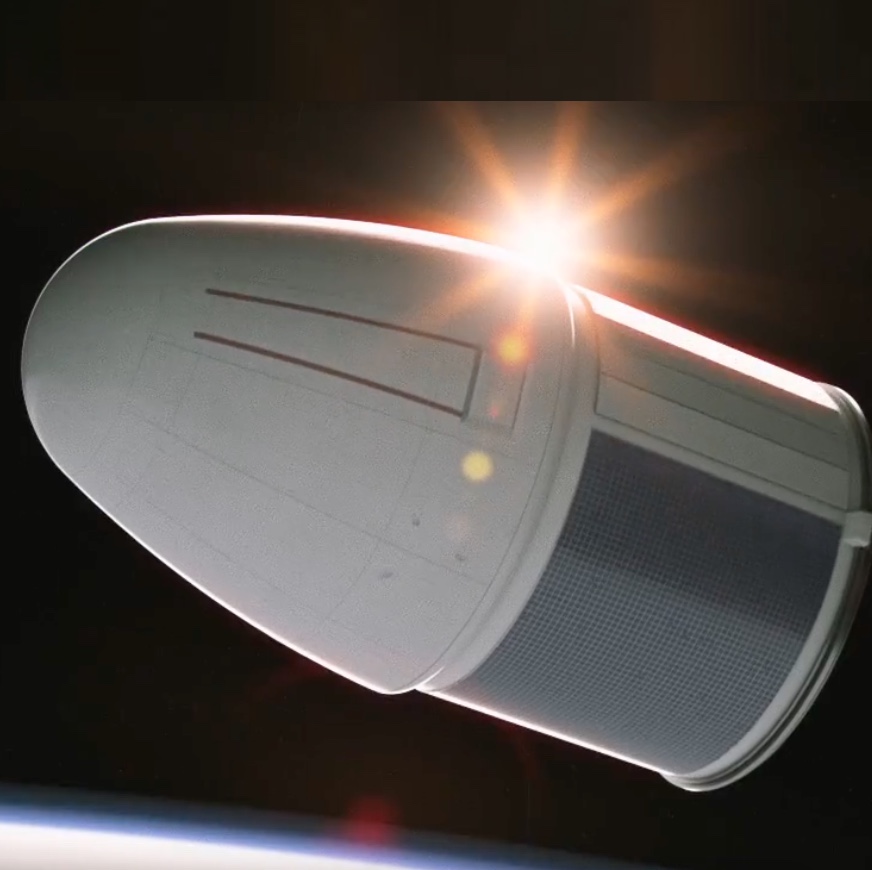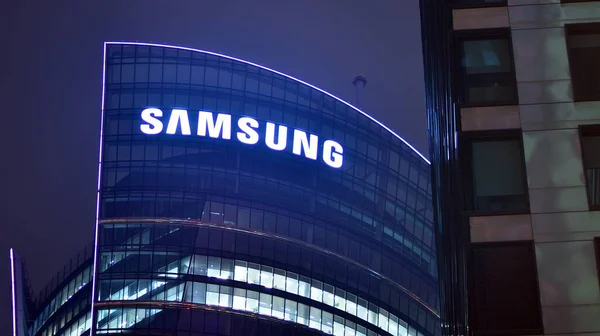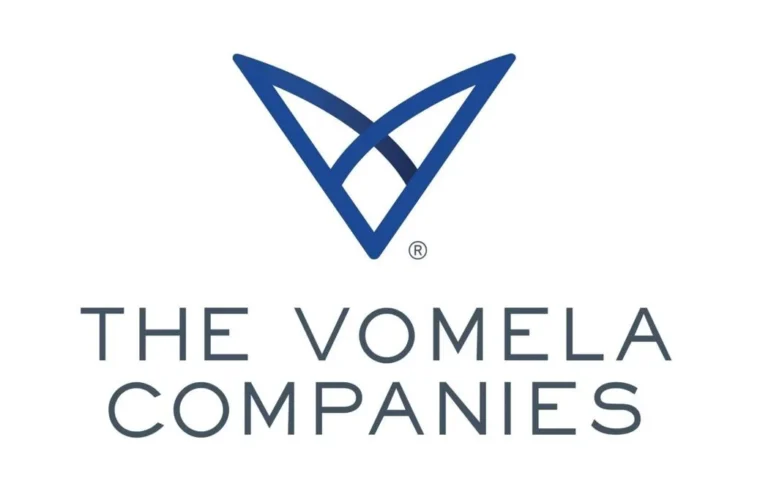The Exploration Company (TEC), a Franco-German startup, has secured a record $160 million in funding in a Series B round led by Balderton Capital and Plural. This is the largest investment of its kind in the European space sector, intended to develop and test Nyx, Europe’s first reusable space capsule. With this round, the total funding raised by TEC rises to $230 million, an extraordinary achievement that testifies to the confidence of investors, mostly European, in the company’s potential.
“This important funding shows that Europe can finance bold entrepreneurs,” said Hélène Huby, CEO of TEC. Nyx is designed to meet the growing demand for space logistics, with applications ranging from space station support to lunar exploration. The first test flight, “Mission Possible,” is scheduled for 2025 on a SpaceX Falcon 9 rocket. Three years later, in 2028, the first official mission to the International Space Station is planned. Once operational, Nyx will be able to return to Earth with a payload of up to 3,000 kilograms, the largest down-mass available in the world, and be reconditioned for subsequent missions, costing 25-50 per cent less than other vehicles.
Value for the whole of Europe
This investment has a strong strategic value for Europe, which aims to strengthen its “space sovereignty” in an increasingly competitive sector. TEC itself estimates that the space logistics market will exceed $300 billion over the next decade, driven by the construction of new space stations and lunar and Martian exploration. With Nyx, Europe is positioning itself as a major player in sustainable and collaborative space exploration, challenging the leadership of the United States, China and Russia. TEC represents an example of how innovation and strategic vision can lead the continent to compete globally.
Europe is emerging as a key player in space exploration, challenging the traditional leadership of the United States, China and Russia. With an approach focused on sustainability and international collaboration, the Old Continent is carving out a leading role for itself in the new space age. For decades, the superpowers dominated the space race, with the United States and Russia leading the way. In recent years, however, China has made great strides, establishing itself as a force to be reckoned with. In this context, Europe stands out with an alternative vision based on a few key pillars.

The theme of sustainability
Europe is at the forefront of the fight against climate change, and this commitment is also reflected in its approach to space exploration. The goal is to reduce the environmental impact of space missions by promoting the use of clean technologies and the responsible management of space debris. Europe firmly believes in the value of international cooperation. The European Space Agency (ESA) is a successful example, bringing 22 member states together in a joint project. Europe is also open to collaboration with other countries, as demonstrated by partnerships with the United States, Russia and Japan.
Europe invests in research and development to create cutting-edge space technologies. Concrete examples include the Vega launcher, the Galileo satellite navigation system, and the ExoMars mission dedicated to finding life on Mars. It is also committed to making space accessible to a growing number of countries, promoting the sharing of knowledge and technologies. This inclusive approach aims to create a more equitable and collaborative space environment.



